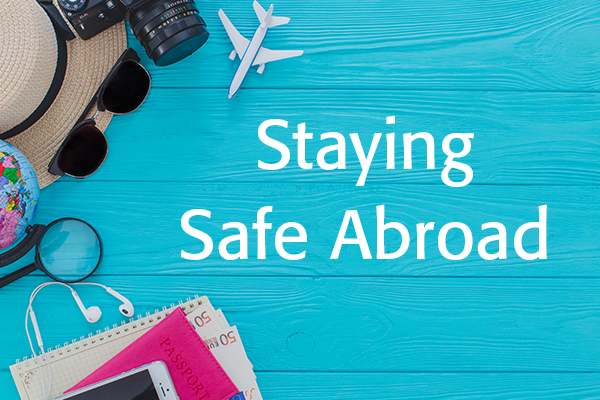
Canada’s climate, healthcare, and sanitation practices provide the opportunity for Canadian residents to live lives that are free from many diseases and illnesses. Traveling to parts of the world for a vacation or to visit family can put you at a higher risk of contracting a travel related illness that could become potentially life threatening.
When traveling, people will be exposed to many bacteria, parasites and viruses not common in North America due to different climates, sanitation, and hygiene practices. The risk is higher in tropical and subtropical areas because the warmth is ideal for certain organisms to grow. These illnesses can be spread by insects bites, such as from mosquitoes, while others are contracted by contact with contaminated water or eating and drinking contaminated food or water. Some common examples of travel related illnesses include traveler’s diarrhea, malaria, yellow fever, hepatitis and typhoid but each region does have others, specific to that area.
It is important to learn of the potential health risks and protect yourself by taking the necessary health precautions before traveling. It is recommended to start this process 6-8 weeks before traveling so should you require vaccines that can prevent many of these illnesses, there is time to receive them. You can discuss this with your Family Doctor or you can make a Fastrack appointment at Medicentres for a travel consult, where the medical staff will review your general health and itinerary, providing prescriptions for vaccines that are recommended for the area to be traveled and discuss other health precautions.
Some things to consider when traveling:
- Safe food and water habits include drinking only bottled water, not using ice in drinks, avoiding raw food, peeling fruits and vegetables and not eating from street vendors.
- Applying appropriate skin repellent to avoid insect bites, remembering to cover your arms and legs with clothing especially at dawn and dusk.
- Traveling with prescriptions that are clearly labelled along with a copy of the actual prescription.
- Wearing sunscreen and a hat to protect yourself from weather related illnesses.
- Remembering to review your health insurance to determine coverage while you are traveling abroad.
- Get to know where you are traveling to before you go. Your access to services like pharmacies or clinics may be more difficult depending on the location. Both Government of Canada and Centres for Disease Control and Prevention have a travel link on their website with current travel advice, public advisories and destination specific travel information.
Citations:
Department of Health and Human Resources USA. “Travelers’ Health.” Centers for Disease Control and Prevention, Centers for Disease Control and Prevention, 15 Mar. 2017, wwwnc.cdc.gov/travel/page/traveler-information-center.
Government of Canada, Foreign Affairs, Trade and Development Canada. “Travel Health and Safety.” Travel.gc.ca, Government of Canada, 21 Nov. 2017, travel.gc.ca/travelling/health-safety.
Government of Canada, Global Affairs Canada. “Publications.” Government of Canada, Global Affairs Canada, 3 Oct. 2017, travel.gc.ca/travelling/publications.